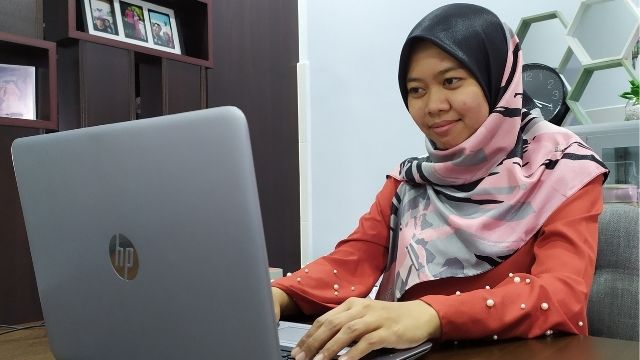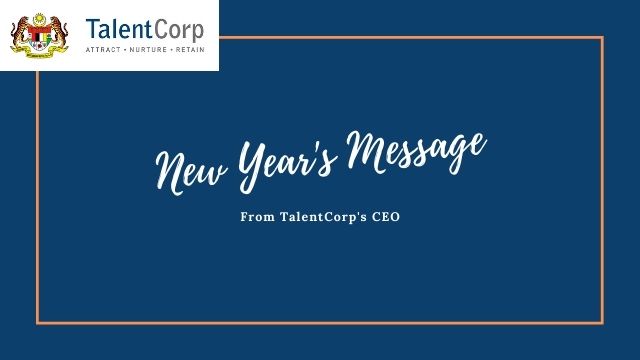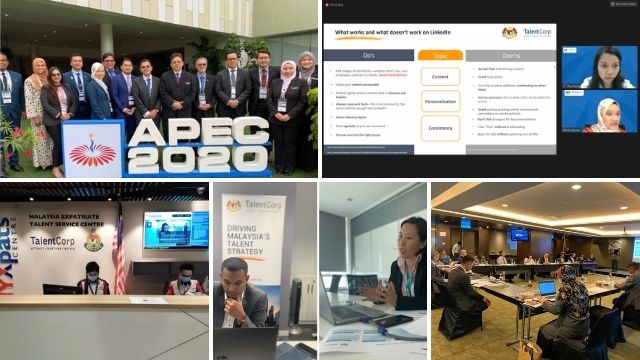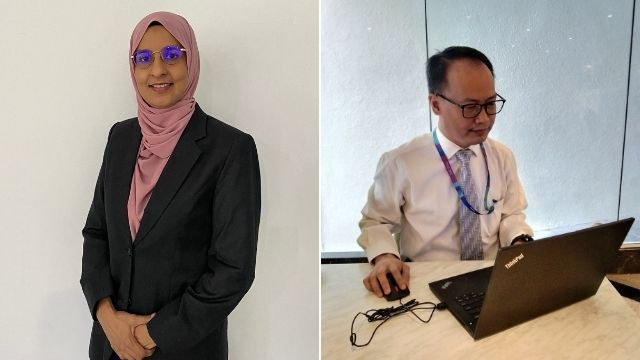6 Malaysians share what they didn't expect when working remotely during the movement control order

Many Malaysians who are used to working at the office found themselves having to adapt to a new one — their home.
When the Movement Control Order (MCO) was announced back in March, most Malaysians moved their work from their offices to their homes.
Working remotely is part of Flexible Work Arrangements (FWAs), which Talent Corporation Malaysia (TalentCorp) advocates for through our Work-Life Practices initiative.
We talked to five Malaysians from different industries on the unexpected challenges they faced during COVID-19 when they started working remotely. Here are their experiences, and how they overcame unforeseen obstacles.
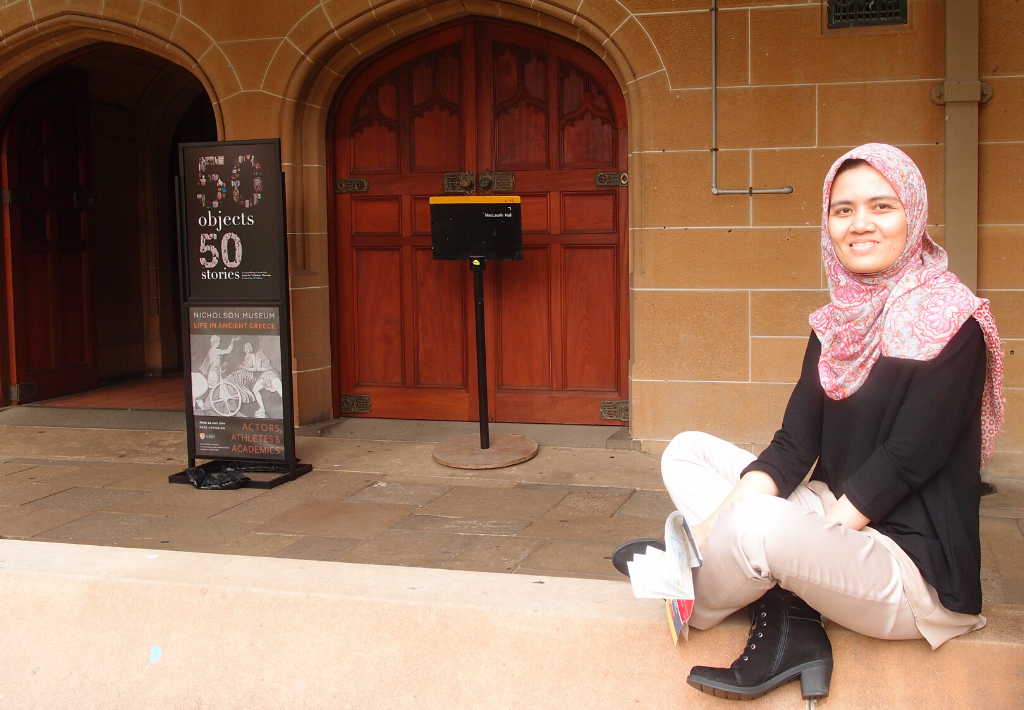
As universities moved their classes on-line, Dr. Aishah experienced unexpected changes as to how she utilised technology. She had to upgrade her knowledge and learn to use e-learning tools and apps, such as Edpuzzle, a platform to boost classroom engagement and improve student learning through videos, and Hypothes.is, an on-line collaborative annotation tool for comprehension and discussion.
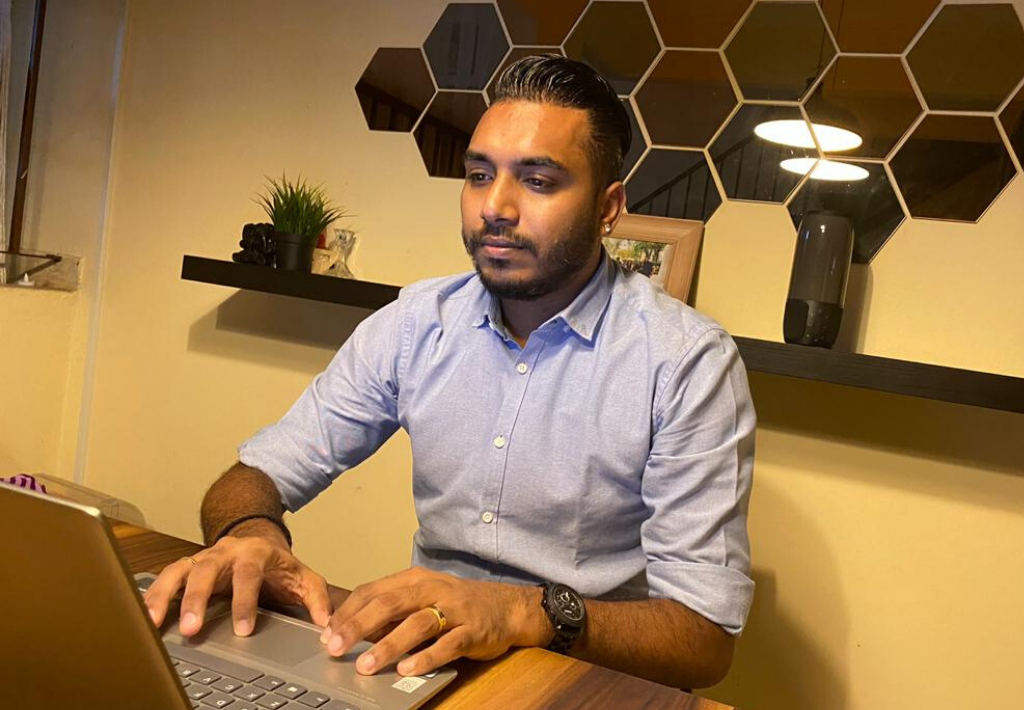
Nagaprasenna started feeling twinges and pains on his neck and lower back when he began working from home, a result of sitting in a constant slouched position from morning to night. It wasn’t conducive to work in constant pain, so he started Googling on his condition to better understand how to alleviate the aches.

Jessica found it easy to get distracted when working remotely, with Netflix and YouTube within her easy reach. To maintain her focus, she tried the Pomodoro Technique, a time management method where you break down your work into 25-minute intervals with 5-minute breaks in between. This works for her, as she would discipline herself to focus solely on her tasks without switching to another tab within the dedicated work period. By the end of the 25 minutes, she would reward herself with a short video on YouTube or a quick scroll through social media.
Space is another issue, as Jessica shares a two-storey home with her family, and doesn’t have the luxury of owning a home office or study. Jessica created a ‘schedule’ to rotate between limited workspaces: she would use the dining area after breakfast, and her room after lunch. She said,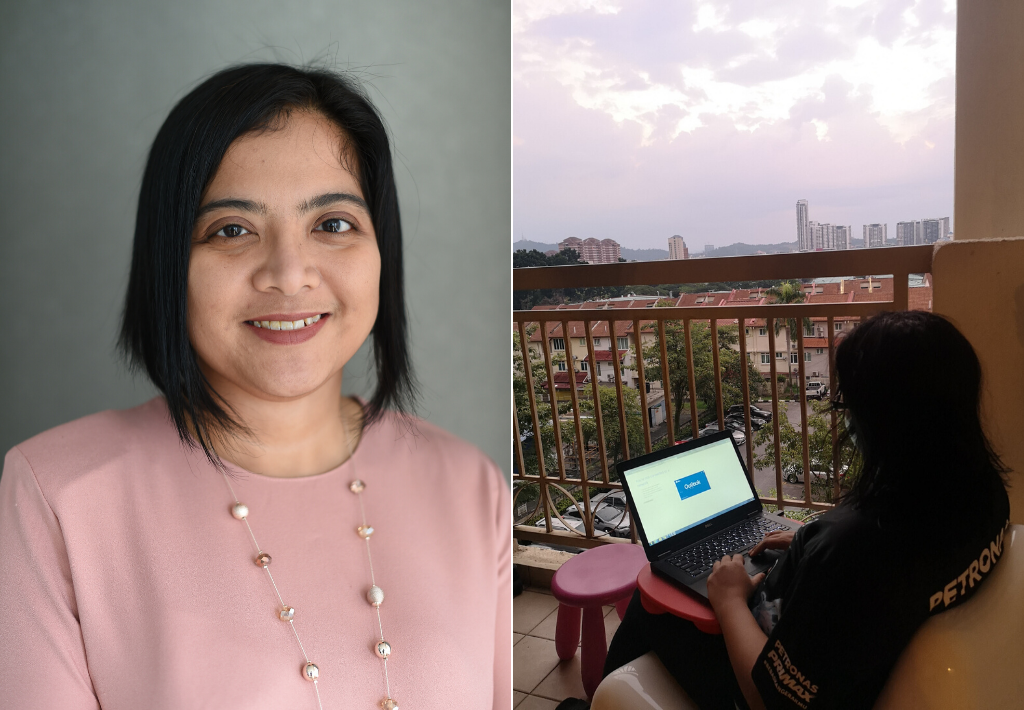
The MCO allowed Noreen to take care of her mother, who is diagnosed with cancer. “I got to bond with her over traditional Johor-Malay food that I never knew how to make before. It also gives me great ease that she is living with me,” Noreen told us.
While working from home allowed Noreen to save on commuting time, she didn’t realise that it also meant people would expect her to get more done. On top of her work and usual house chores, Noreen also had to send her mother and elderly aunt to their medical appointments. She managed to work around this schedule by chauffeuring them to the hospital and rushing home before 9am, just in time for her work meetings, before picking them up at noon.

Zhong’s first week of remote working was exhausting as he had trouble managing his time without the familiarity of a regular work hour structure. At first he would bury himself in his work from morning until night, participating in endless calls and meetings that require his attention and attendance. He quickly realised that major changes were needed. These days Zhong makes sure to take some time out for lunch and exercise, while making similar fine-tuning to suit his needs.
#6 Cemkar Singh, 37, Head of People Development and Strategic Collaboration
Cemkar didn’t expect to get restless working from home, but it was easy for him to be more productive as he saves up a lot of commuting time (up to 2.5 hours daily).
However, it’s not all smooth-sailing working from home. “You need to be more disciplined and have a flexible routine. At home, there are just too many distractions especially when you have children,” he said.
Cemkar sometimes works late at night to complete his tasks that could not be done during the day. The key to making remote working successful, according to him, is to make the effort to instil self-control and ensure focus when doing your tasks.

Whether your company is exploring Flexible Work Arrangements (FWAs) or enhancing them more effectively to support the New Normal, TalentCorp can provide you with end-to-end advisory support. Get in touch with us at flexworklife@talentcorp.com.my.


